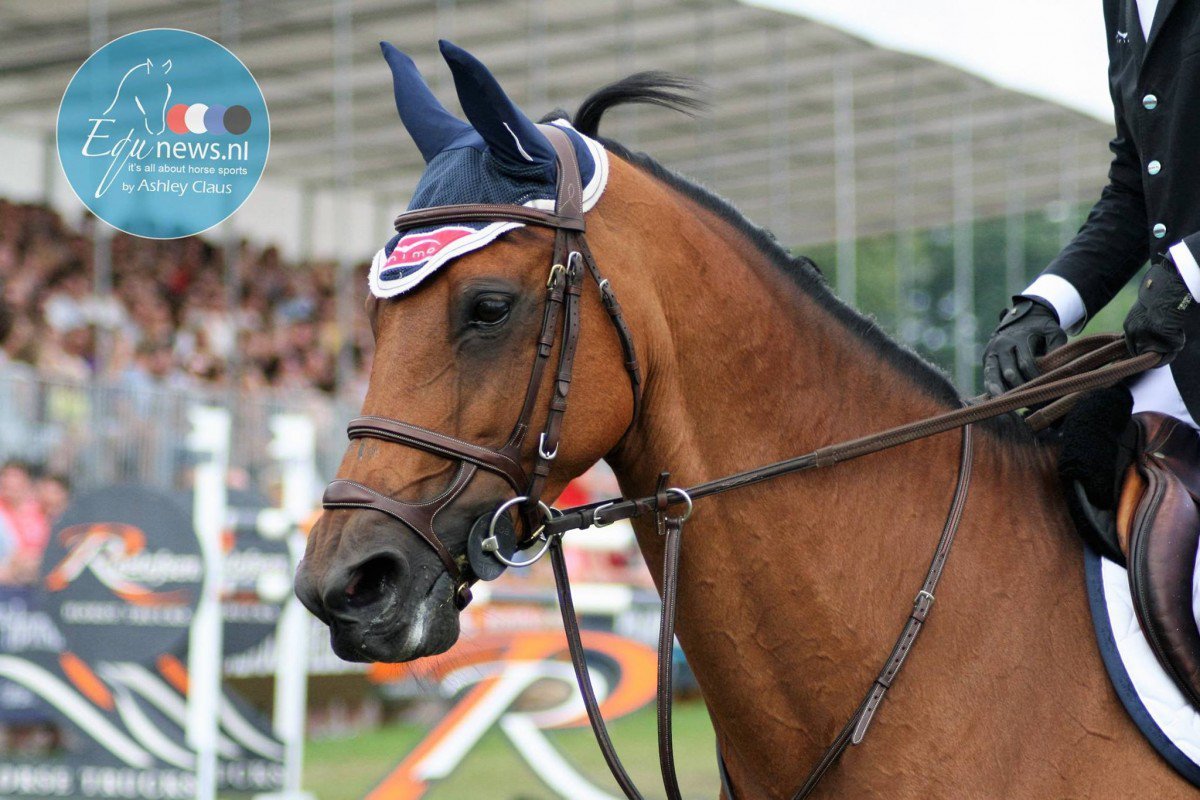Good management is essential to disease control because bad management is a primary contributin cause of many disease, infectious and otherwise. Management is, similarly, a key factor in modern infectious disease outbreaks and their spread. Workers can carry infection from one animal to another, phisically, and from one yard to another if access is open to them. While this is hardly intentional it is, nevertheless, entirely feasible, so that hygiene is now a vital consideration in all dealing with large numbers of horses. It’s critical to consider every aspect of a horse’s day, his exercise, feeding and stabling, in relation to the influence each can have on disease. We can highlight some points in order to recognize if the horse is fine or not: - Is the horse normal when first seen in the morning? Has he eaten and drunk his water? Is he happy and interested in your arrival? Is he moving freely about the stable? - Is anything abnormal seen when his rugs are removed? - Are his feet cold and shoes firmly attached and not bearing on the sole? - Is the frog full and healthy? - When ridden out is he sound in action, moving freely and well? - After exercise, is he lame, blowing excessively or otherwise distressed? Has he sweated a great deal? - Before returning to the stable, brush the horse down or hose and dry his legs - Are there any cuts or grazes, any sign of discomfort in the legs? - At afternoon or evening stables, has the horse eaten his feed and is and is he drinking water? - Is there any sign of illness, lameness, any heat in the legs or joints? Are droppings normal in texture and quantity? Is the horse staling normally? - Is the animal warm in his surroundings and free from any draughts but not overwarm? Aside from these observations, the person caring for an animal must evaluate the quality of hay and feed, and give care to bedding making sure it is clean and dry. Keep bedding clean and dry at all times, never allowing dirt build-up because of bad stable drainage or poor floor design. The quality of hay and straw is basic to the development and control of conditions. Musty or mouldy hay can also cause digestive upsets in some animals fed on it, but the spores in poor quality hay or bedding can cause respiratory problems for almost all horses.

